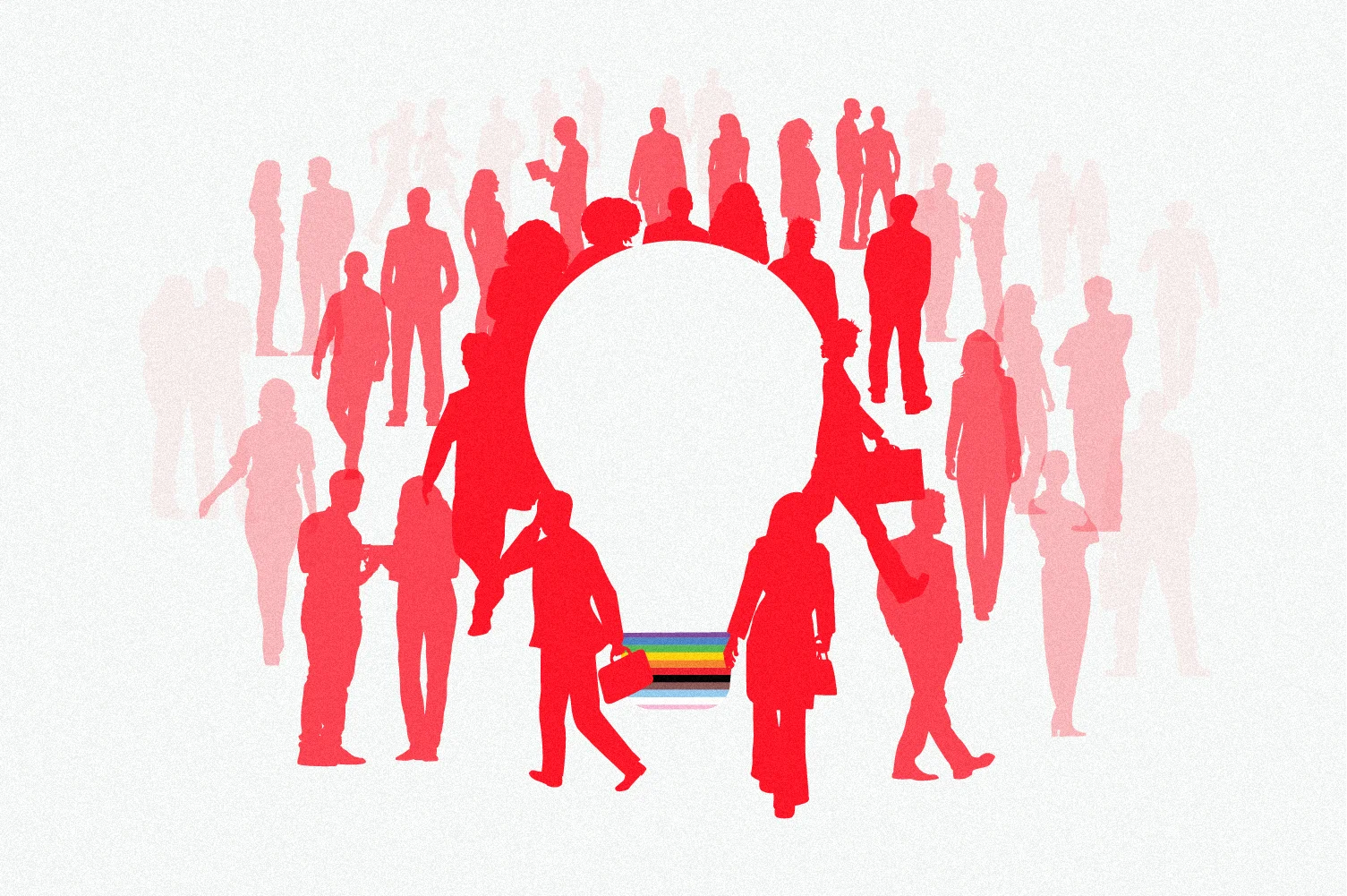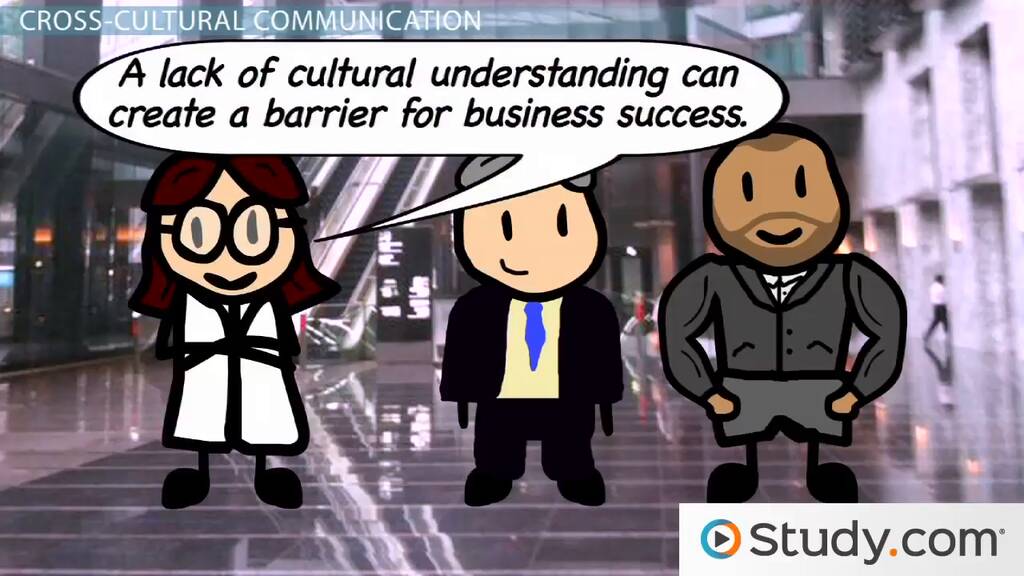Cultural experiences refer to engagements with artistic, social, and philosophical activities that embody a particular nation, culture, or community. These experiences encompass cultural competence and the will to build cross-cultural understanding.
Meeting new people from diverse cultures and backgrounds helps individuals forget stereotypes and understand others more deeply, leading to a new level of empathy and cultural awareness and an enhanced appreciation of diversity. The term “cultural experience” also encompasses activities such as traditional dancing, storytelling sessions, pottery making, calligraphy, theater performances, folk music concerts, origami, and henna tattooing, all of which contribute to a deeper understanding of different cultures.
Cultural experiences are a vital part of human interaction, contributing to the expansion of social perspective and fostering cross-cultural understanding. These experiences play a crucial role in influencing individual attitudes and perceptions towards diversity, ultimately promoting a more inclusive and harmonious society. Through engagement with different cultures, people gain insights into the values, beliefs, and customs of others, leading to increased cultural competence and empathy. It is within these experiences that individuals can actively participate in the creation and appreciation of arts and heritage, ultimately contributing to the enrichment of their own cultural understanding. Thus, a meaningful cultural experience goes beyond the mere observation of different cultural practices; it involves an active, respectful engagement that leads to mutual understanding and appreciation.

Credit: www.culturemonkey.io
Types Of Cultural Experiences
When exploring different cultures, there are several types of experiences that individuals can engage in to gain a deeper understanding of the world around them. These experiences encompass various aspects of a culture, including art, social activities, and philosophical endeavors.
Artistic Engagement
Artistic engagement involves immersing oneself in the creative expressions of a culture. This can include attending traditional dance performances, storytelling sessions, pottery making, calligraphy, theatre performances, folk music concerts, origami, and henna tattooing. These activities offer a window into the artistic traditions and aesthetic values of different societies.
Social Activities
Engaging in social activities allows individuals to interact with members of a different culture in a more informal setting. This can involve participating in community events, festivals, or rituals, as well as sharing meals or engaging in sports with local residents. By partaking in these activities, one can gain insight into the social customs, traditions, and interpersonal dynamics unique to a particular culture.
Philosophical Endeavors
Philosophical endeavors encompass exploring the belief systems, customs, and values of a culture. This can involve learning about the literature and historical narratives that shape the collective identity of a society, as well as delving into the philosophical and spiritual practices that guide individuals’ lives. Engaging in philosophical endeavors allows individuals to gain a deeper understanding of the worldview and moral frameworks of different cultures.
Benefits Of Cross-cultural Engagement
Cultural experiences have the power to enrich our lives and broaden our perspectives. One of the most significant benefits of engaging in cross-cultural experiences is the profound impact it has on individuals and communities. By immersing ourselves in different cultures, we can develop a deeper sense of empathy, gain a greater appreciation for diversity, and challenge misconceptions. Let’s explore the transformative advantages of cross-cultural engagement.
Enhanced Empathy And Understanding
Experiencing diverse cultures fosters enhanced empathy by allowing individuals to step into the shoes of others and understand their perspectives. Through direct engagement with people from different backgrounds, individuals can gain a profound understanding of the challenges, joys, and aspirations that shape the lives of others.
Appreciation For Diversity
Cross-cultural engagement nurtures an appreciation for diversity, enabling individuals to recognize and celebrate the richness of human differences. Immersing oneself in diverse cultural practices, traditions, and customs cultivates a profound respect for the unique contributions of each culture, fostering a more inclusive and harmonious society.
Breaking Stereotypes
Engaging in cross-cultural experiences provides individuals with the opportunity to break free from preconceived stereotypes and misconceptions. By interacting with people from diverse cultural backgrounds, individuals can challenge and dismantle ingrained stereotypes, fostering a more inclusive and open-minded worldview.
Examples Of Cultural Experiences
Participating in cultural experiences provides us with a unique opportunity to immerse ourselves in the customs, traditions, and art forms of different communities. These experiences allow us to appreciate the diversity of human expression and gain a deeper understanding of various cultures. Below, we explore some examples of cultural experiences that can enrich our lives and broaden our perspectives.
Traditional Dancing
Traditional dancing is a vibrant art form that showcases the rich cultural heritage of a community or a country. Through rhythmic movements, colorful costumes, and traditional music, traditional dances communicate stories, beliefs, and important events from the past. Whether it’s the energetic movements of Irish step dancing, the graceful gestures of Indian classical dance, or the powerful performances of African tribal dances, witnessing or learning traditional dances can transport us to a different time and place.
Storytelling Sessions
Storytelling has been an integral part of human culture since ancient times. It is a powerful medium to convey morals, values, and historical events from one generation to another. Storytelling sessions provide an immersive experience where we can listen to captivating tales, myths, and legends. This cultural practice allows us to connect with our heritage, understand the perspectives of different communities, and appreciate the power of oral traditions.
Pottery Making
Pottery making is a practical and artistic skill that has been passed down through generations. This cultural experience involves using clay to create functional or decorative objects. From delicate porcelain to vibrant terracotta, pottery reflects the artistic traditions and craftsmanship of a particular culture. Engaging in pottery making allows us to appreciate the meticulous process involved, strengthen our connection with the earth, and create tangible objects that carry a piece of cultural heritage.
Theatre Performances
Theatre performances provide a window into the culture, history, and social issues of a specific community. Whether it’s a traditional play, a contemporary production, or an experimental performance, theatre allows us to witness the transformation of stories into live experiences. From Shakespearean tragedies to Japanese Noh theatre, these performances provide a platform for artists to express their artistic vision and provoke thought and reflection in the audience.
Folk Music Concerts
Folk music concerts celebrate the musical traditions and heritage of a particular culture. Live performances of folk music showcase the unique rhythms, melodies, and instruments that are deeply intertwined with a community’s identity. Attending a folk music concert provides an immersive experience where we can appreciate the raw beauty of traditional music and understand the cultural context and stories behind each composition.

Credit: www.scu.edu
Developing Cultural Competence
Developing cultural competence is essential in today’s globalized world. It involves gaining an understanding of different cultures, perspectives, and ways of life, and becoming more effective in interacting with individuals from diverse backgrounds. By developing cultural competence, we can enhance cross-cultural communication, deepen our cultural learning, and gain a better understanding of cultural context in literature.
Cross-cultural Communication
Cross-cultural communication plays a vital role in developing cultural competence. It involves the exchange of information between individuals from different cultural backgrounds. Effective cross-cultural communication requires sensitivity, empathy, and an open-minded approach. It helps bridge communication gaps, fosters understanding, and paves the way for meaningful connections and collaborations.
Cultural Learning
Cultural learning is an active engagement with the arts and heritage of different cultures. It encompasses various disciplines such as theater, dance, literature, music, and visual arts. Through cultural learning, we gain a deeper appreciation for the diverse expressions of human creativity and understand the values and beliefs that shape different cultural identities. Cultural learning broadens our perspectives and promotes acceptance and respect for cultural differences.
Understanding Cultural Context In Literature
Understanding cultural context in literature allows us to delve into the beliefs, customs, and values held by a specific group of individuals within a particular time period. It enables us to explore different worldviews, historical events, and societal norms that influence the themes, characters, and settings of literary works. By understanding cultural context, we gain a deeper appreciation for diverse literary traditions and the rich tapestry of human experiences they portray.

Credit: www.greatplacetowork.com
Frequently Asked Questions Of Cultural Experiences Meaning
What Are Some Cultural Experiences?
Cultural experiences encompass activities like traditional dancing, storytelling sessions, pottery making, calligraphy, theater performances, folk music concerts, origami, and henna tattooing. These experiences help us embrace diversity and understand others on a deeper level.
Why Are Cultural Experiences Important?
Cultural experiences are important because they help us understand and appreciate diversity, breaking stereotypes and developing empathy. Meeting people from different cultures expands our worldview and fosters cultural awareness. These experiences promote cross-cultural understanding and acceptance.
What Is Cultural Learning Experience?
Cultural learning experience is an active engagement with the arts, heritage, and traditions of a specific culture. It involves participating in artistic, social, and philosophical activities that represent a nation, culture, or community. Developing cross-cultural understanding and cultural competence are crucial aspects of this experience.
What Is Cultural Experience In Literature?
Cultural experience in literature refers to the depiction of beliefs, customs, and values of a specific group within a given time period. It provides insight into different cultures and societies through artistic expression, offering readers a deeper understanding of diverse perspectives and experiences.
Conclusion
Cultural experiences are not just about visiting a new place or trying different cuisines. They offer a deeper understanding and appreciation for the diverse customs, beliefs, and values of a specific culture or community. These experiences foster empathy, break down stereotypes, and promote cross-cultural understanding.
By engaging in artistic, social, and philosophical activities unique to a culture, we broaden our perspectives and develop a sense of cultural competence. Embracing cultural experiences is not only important for personal growth but also for fostering a more inclusive and interconnected world.


Leave A Comment